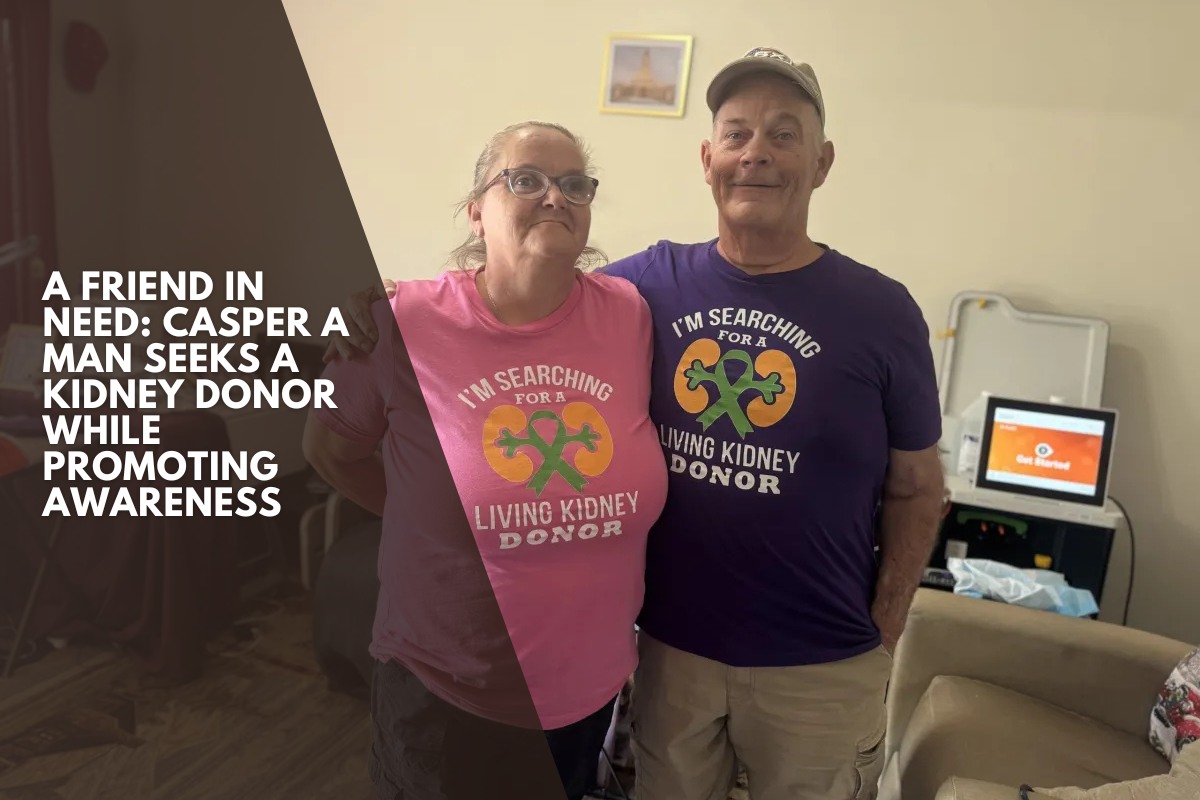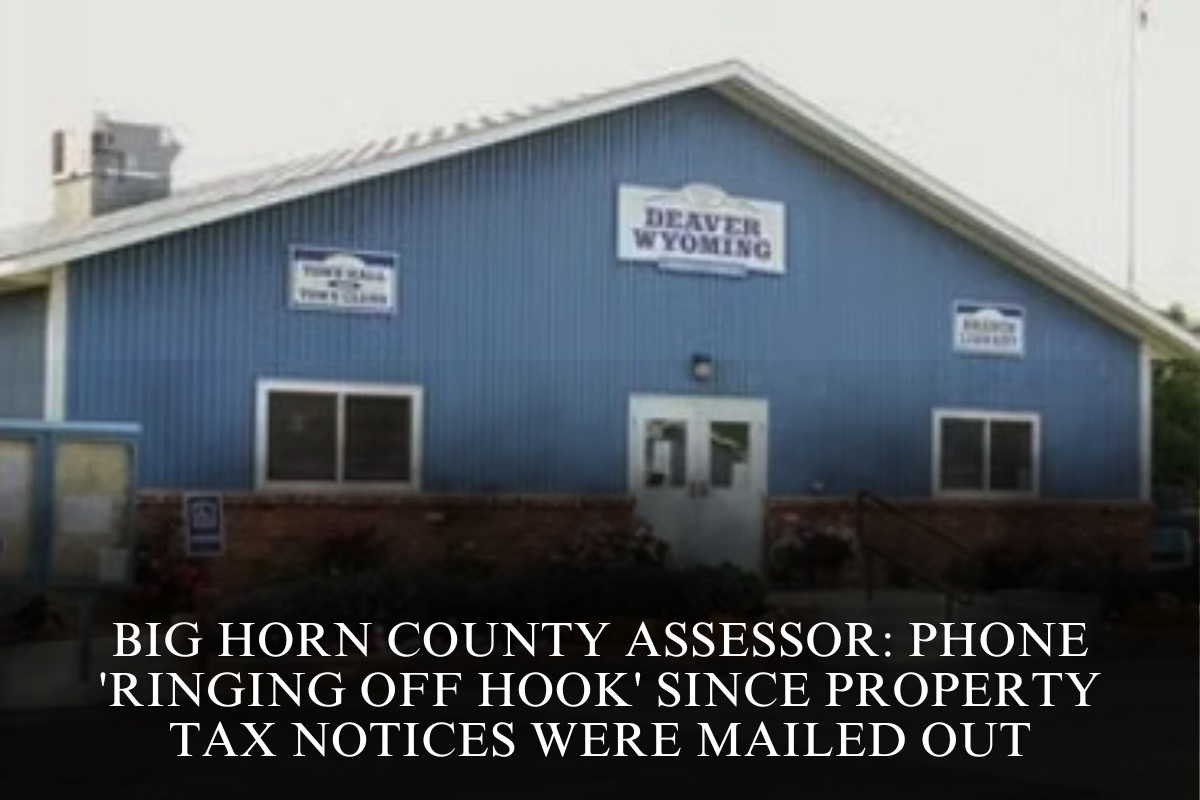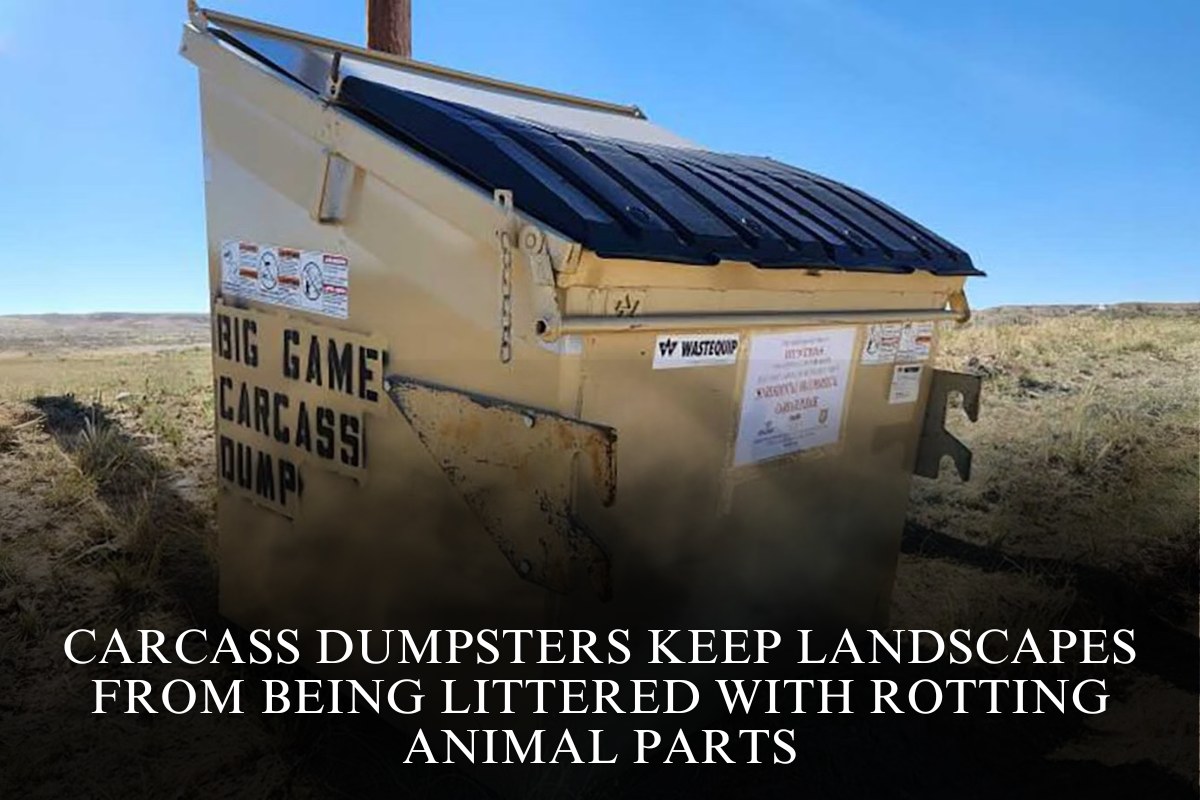CASPER, Wyo. — Scott Higgins will refer to you as a friend even before you have met.
“How are you, my friend?” he will inquire.
“It’s been a good day, my friend,” he will say.
“It’s nice to meet you, my friend,” he’ll say.
Higgins cherishes friendship like the warmest blanket on the coldest night. He has rarely met anyone who he does not consider a friend, and despite his current health issues and the journey they are taking him on, he intends to make many more friends along the way.
Higgins has been fighting chronic kidney disease at stage five for the past two years. He spends four days a week hooked up to a dialysis machine, sitting for hours on end.
The machine, which, along with its numerous accessories and other medical supplies, takes up a large portion of his small apartment, performs the functions of the kidney.
It takes Higgins’ blood, cycles, filters, and cleans it, and then returns it to him. Overall, the process takes about an hour for setup and breakdown, followed by three hours of actual attachment to the machine.
It’s a lot of work, which includes a lot of sitting, thinking, and praying. But Higgins refuses to mope or feel sorry for himself. He does not find it productive.
Productivity has always been important to Higgins. Prior to developing kidney disease, he worked as a carpenter and a National Park Service law enforcement ranger.
He also worked as an EMT and wildland firefighter for the National Park Service. He spent a lot of time outside, which he says made him happy. It was where he felt the most at ease.
“I feel closer to God when I’m outdoors,” he told me. “It’s like church to me. My father spent 42 years in service and used to say, ‘If you’re in it for the money, you’re in it for the wrong reasons.’ “The pay comes in when the sun rises and sets.”
Since being diagnosed with kidney failure in August 2023, he has not been able to spend much time outside. Nevertheless, he does not allow himself to wallow.
“I have to give praise to God above because I know that he’s in my corner,” Higgins told me. “I know he has my back on this. And I am a fighter. I will not let this get the best of me. But I also understand that I will need the help of others to get through this.
Higgins is hoping, wishing, and praying for a kidney donor as well as any type of monetary contribution that will make his life easier once he has one.
Higgins stated that he is currently on the National Kidney Registry, waiting for a live donor. He claims his sister has volunteered her kidney, but it’s possible that it’s not a match, and a million things could go wrong before the transplant.
If he gets a match, he’ll have to stay at Intermountain Health Hospital in Murray, Utah, for four or six weeks.
“Unfortunately, as things go, there are funds associated with that,” Higgins told me. “There’s the transplant itself, plus the cost of staying in the hospital for up to six weeks, including lodging and food.
Unfortunately, there is no Ronald McDonald House for events like this, so everything adds up quickly.”
Higgins tries not to think about the cost of a transplant; he’s more concerned with simply surviving. But he knows it all hangs over him, like a black cloud that refuses to lift.
“Let’s face it — stage 5 renal failure… There is no other stage. “You’re basically knocking on death’s door,” Higgins said, “and I’m not ready to abandon my wife. I’m not prepared to leave my family. I am not ready to leave my church family. And so I’m working very hard to spread the word that this guy needs help.”
This guy needs assistance, but he lives in a community known for its generosity. Whether it’s raising funds for a veteran who lost his home in a fire, the family of a local shooting victim, or something else entirely, Casper has demonstrated time and again that when assistance is required, it will rise to the occasion. Higgins is hoping that his neighbors will rally behind him because he doesn’t know how much time he has.
“What I’ve read is that if I were to stop dialysis today, I’d have about six days,” according to him. “Another thing I’ve read is that you can stay on dialysis for, I believe, seven to 10 years.”
Higgins claims it’s all an estimate; he doesn’t know how much time he has left on Earth. But he intends to enjoy every day he’s been given, even the bad ones.
It was a particularly bad day in August 2023. Higgins was diagnosed after previously having Type 2 diabetes. He had been sick before, but something felt off, so Higgins and his wife visited the doctor. That’s when he received the diagnosis.
“I was heartbroken,” he explained. “I felt heartbroken. I was heartbroken because I did not want to leave Sherry or the rest of my family behind. I was down, and I had really hit bottom. But my doctor noticed that it was bothering me and told me that he wanted me to fight the good fight.
Higgins stated that his doctor showed him an example of someone who had gone through something similar. This person received a transplant and led a full, active life. That, Higgins claims, is the hope he is holding onto. He wants to set an example for others. Even if he does not recover, he wants people to know that they are not alone if they are going through a similar experience to his.
That, Higgins explained, is why he is reaching out and sharing his story. Yes, he needs a new kidney, and he is aware of how expensive the procedure will be. However, that is not the reason he is contacting local media outlets.
It is not the reason he has created business cards, flyers, and signs that tell his story. He’s doing it to speak up for others who may not be able to do so on their own.
“I’m an introvert,” Higgins said, laughing, “so doing this is a big deal for me. And I guess that’s one of the reasons I’m doing what I’m doing. I’m doing it for others who lack the ability to express themselves. “I’m trying to give them a voice as well.”
On some days, Higgins struggles to find his own voice. On days like this, he turns to his wife. And he looks to his God. And he looks to his friends, who continue to inspire him every day.
“It’s very humbling when my doctors call me ‘the poster child,'” stated Higgins. “It makes me feel both proud and humble. And I have to thank God for that because he isn’t ready for me to give up on myself yet. He still has tasks for me to complete down here.”
That work will continue as long as Higgins has the strength to complete it. Some days are better than others, he admits, but he has a job, and he takes it seriously, just as he did when he was a law enforcement ranger for the National Park Service.
“I try to be a caring person and I love to help other people when they’re in need,” he told me. “I’ve been that way since I was a child. And that is something that has never left me. I have a loving family that I do not want to leave behind.
I have friends who I do not want to leave behind. There are so many good things I want to do, including becoming a spokesperson and advocate for others in similar situations.”
That is what Higgins has been doing for the past two years. It’s what he’ll do until God, the universe, or someone else decides it’s time to move on.
Higgins is putting his trust and faith in other people, and he wants others to believe in him because he will speak about the power and beauty of organ donation for the rest of his life. He will discuss mental health and the good and bad days.
He promises to do everything in his power to make those on a similar journey feel more at ease. He’ll be there to hold your hand and cry on your shoulder. He will be an advocate, making them feel seen and heard.
That’s what friends are for.
“Nothing is certain in life,” Higgins said. “It only takes an instant to be caught off guard. When something affects you, it has an impact on those around you as well.
When something difficult comes your way, you have two options: stand up and face it, or cower and be defeated. “I’m not going to let this beat me.”












